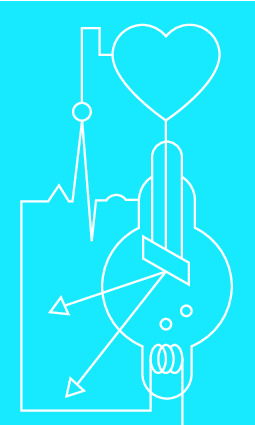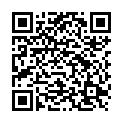|
|
|
| Module code: BMT2551.RN |
|
2V+2P (4 hours per week) |
|
5 |
| Semester: according to optional course list |
| Mandatory course: no |
Language of instruction:
German |
Assessment:
Written exam
[updated 26.02.2018]
|
BMT2551.RN Biomedical Engineering, Bachelor, ASPO 01.10.2018
, optional course, medical/technical
BMT2551.RN Biomedical Engineering, Bachelor, SO 01.10.2025
, optional course, medical/technical
DFIW-RN (P610-0192) Computer Science and Web Engineering, Bachelor, ASPO 01.10.2019
, semester 4, mandatory course
KIB-RN (P222-0037) Computer Science and Communication Systems, Bachelor, ASPO 01.10.2021
, semester 3, mandatory course
KIB-RN (P222-0037) Computer Science and Communication Systems, Bachelor, ASPO 01.10.2022
, semester 3, mandatory course
PIB-RN (P221-0038) Applied Informatics, Bachelor, ASPO 01.10.2022
, semester 4, mandatory course
PIB-RN (P221-0038) Applied Informatics, Bachelor, SO 01.10.2026
, semester 4, mandatory course
PRI-RN (P222-0037) Production Informatics, Bachelor, SO 01.10.2023
, semester 3, mandatory course
PRI-RN (P222-0037) Production Informatics, Bachelor, SO 01.10.2026
, semester 3, mandatory course
|
60 class hours (= 45 clock hours) over a 15-week period.
The total student study time is 150 hours (equivalent to 5 ECTS credits).
There are therefore 105 hours available for class preparation and follow-up work and exam preparation.
|
Recommended prerequisites (modules):
None.
|
Recommended as prerequisite for:
|
Module coordinator:
Prof. Dr. Steffen Knapp |
Lecturer: Prof. Dr. Steffen Knapp
[updated 04.10.2021]
|
Learning outcomes:
After successfully completing this course, students will be familiar with the functionality and data structures of the basic Internet protocol families between LAN and application level. They will be able to describe the communication in a TCP/IP computer network and use this knowledge for troubleshooting.
[updated 26.02.2018]
|
Module content:
1. Computer communication
1.1. Models
1.2. LAN
1.3. IP/ICMP
1.4. UDP
1.5. TCP
2. Selected application layer Internet protocols
3. Using network tools
[updated 26.02.2018]
|
Recommended or required reading:
Kurose, Ross, Computernetzwerke, Pearson, 2012
D. Comer, Computer Networks and Internets: Global Edition, Pearson, 2015
[updated 26.02.2018]
|


